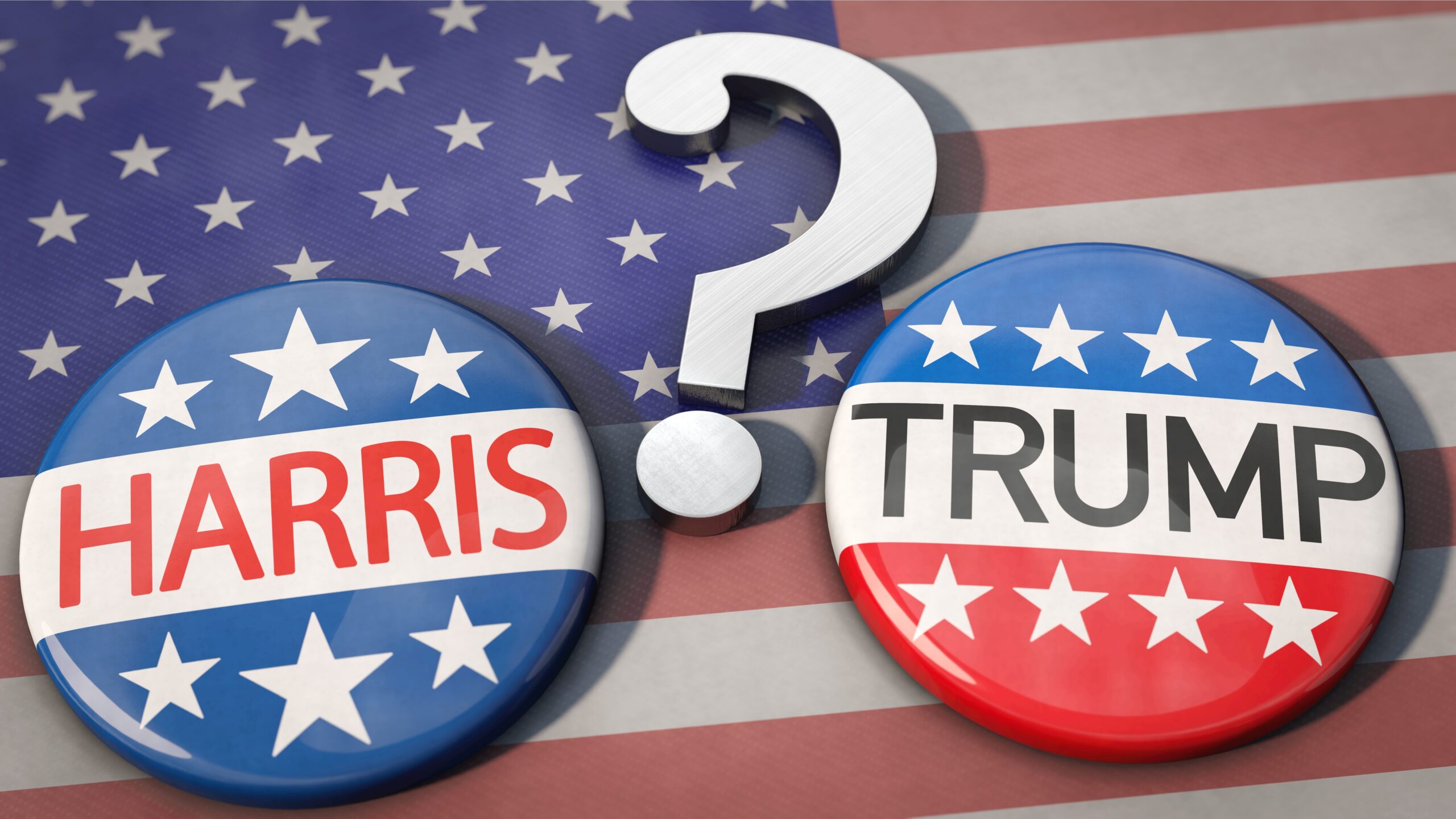As the nation stands on the brink of one of the most consequential elections in recent memory, a palpable tension grips communities across the country. This atmosphere is no different for the students, faculty, and supporters of Historically Black Colleges and Universities (HBCUs), where discussions on the implications of the election are front and center. The race is tight, and the stakes are high, leaving many to wonder: what does tomorrow mean for the future of HBCUs and the broader African-American community?
A Historical Perspective of Change and Challenges
HBCUs have long stood as bastions of empowerment, education, and resilience within the African-American community. Founded during an era when systemic barriers excluded Black Americans from mainstream institutions, HBCUs have nurtured generations of leaders who have driven social change, innovation, and cultural pride. With each election, the question looms: will the next administration prioritize or overlook these historic institutions and their vital missions?
Elections, past and present, have brought both progress and setbacks. Policies that fund higher education, expand research grants, and create internship opportunities play pivotal roles in the sustainability of HBCUs. For African-American communities, the results can mean the difference between increased representation in policy discussions or continued marginalization. The outcome of this election will signal what kind of support — financial, legislative, or cultural — HBCUs might expect in the years to come.
The Anxiety of Uncertainty
The unease this election cycle brings is not solely about political preference; it’s rooted in the tangible, everyday impacts that policy shifts have on Black students and their families. Many young African-American voters attending HBCUs are anxious about how tomorrow’s results will affect their future access to education funding, job prospects post-graduation, and the security of their civil rights.
Moreover, communities that already contend with social and economic challenges are keenly aware that the results could reshape local and national policies on policing, healthcare, and economic equity. The sheer uncertainty of what direction the country will take adds layers to the stress students, faculty, and their families feel. It’s not just an abstract concern; it’s the realization that the future of equitable education and opportunities hangs in the balance.
The Path Ahead: What a Trump or Harris Election Could Mean for HBCUs
The potential outcomes of this election present two distinct paths for HBCUs and the African-American community. A Trump re-election could mean continued financial support but with caveats. During his administration, Trump signed the FUTURE Act, which provided permanent funding for HBCUs and other minority-serving institutions. However, this support was often viewed through a transactional lens, accompanied by policies that many in the African-American community perceived as harmful, such as the rollback of civil rights protections and divisive rhetoric. This duality leaves many uncertain about whether another term would bring sustained, positive investment or policies that could overshadow such support.
On the other hand, a victory for Kamala Harris and her running mate promises a shift toward more comprehensive support for HBCUs, influenced by Harris’s personal ties to these institutions as an alumna of Howard University. The Democratic platform has emphasized substantial investment in HBCUs, advocating for increased research funding, infrastructure improvements, and expanded access to Pell Grants. This potential administration signals a more inclusive approach, intertwining educational policy with broader initiatives that aim to uplift African-American communities as a whole. The hope for many lies in the belief that such leadership would foster partnerships that strengthen HBCUs and protect civil rights more robustly.
These possibilities weigh heavily on the minds of voters as they consider which path aligns best with the future they envision for HBCUs and the generations that rely on their legacy.
Bipartisan Stakes: Beyond the Politics
While media narratives often draw stark lines between political parties, the reality is that the success of HBCUs and the prosperity of African-American communities should transcend party lines. Leaders across the spectrum have at times supported or hindered HBCUs through various measures. This bipartisan reality has made students, faculty, and community advocates hyper-aware of the importance of vigilance, regardless of who holds office.
For students at HBCUs, many of whom are experiencing their first presidential election as eligible voters, understanding this bipartisan complexity is essential. They are encouraged to engage critically, ask questions about policy over partisanship, and hold leaders accountable for tangible actions that support their institutions and communities.
The Power of Community and Mobilization
Despite the anxiety, there is hope rooted in the unity and mobilization of the African-American community. HBCUs, long known as hubs for political activism and social consciousness, continue to be spaces where students learn the power of their voices. Student-led voter registration drives, debates, and civic engagement workshops have created a new wave of activism that reminds everyone that even in the face of uncertainty, agency is powerful.
This election season, whether the outcome favors one party or another, the spirit of HBCUs and their contribution to the community will remain unwavering. The emphasis on collective effort, informed voting, and relentless advocacy will continue to shine as a beacon. It is the reassurance that, while the outcome may be uncertain, the legacy and resilience of HBCUs — and the community they serve — are steadfast.
Moving Forward Together
As we stand just a day away from the election, the message across HBCU campuses is clear: regardless of the outcome, the work does not stop. Tomorrow’s results will undoubtedly shape the immediate landscape, but it is the continued determination of students, faculty, and community advocates that will shape the long-term future. The anxiety of the moment is real, but so is the hope that comes from decades of perseverance and progress.
The future of HBCUs, and the African-American community more broadly, depends not just on political winds but on the enduring commitment to strive forward, advocate fiercely, and build bridges across divides. As the nation waits for the results, this resolve is what will carry the community through — one vote, one step, and one day at a time.

